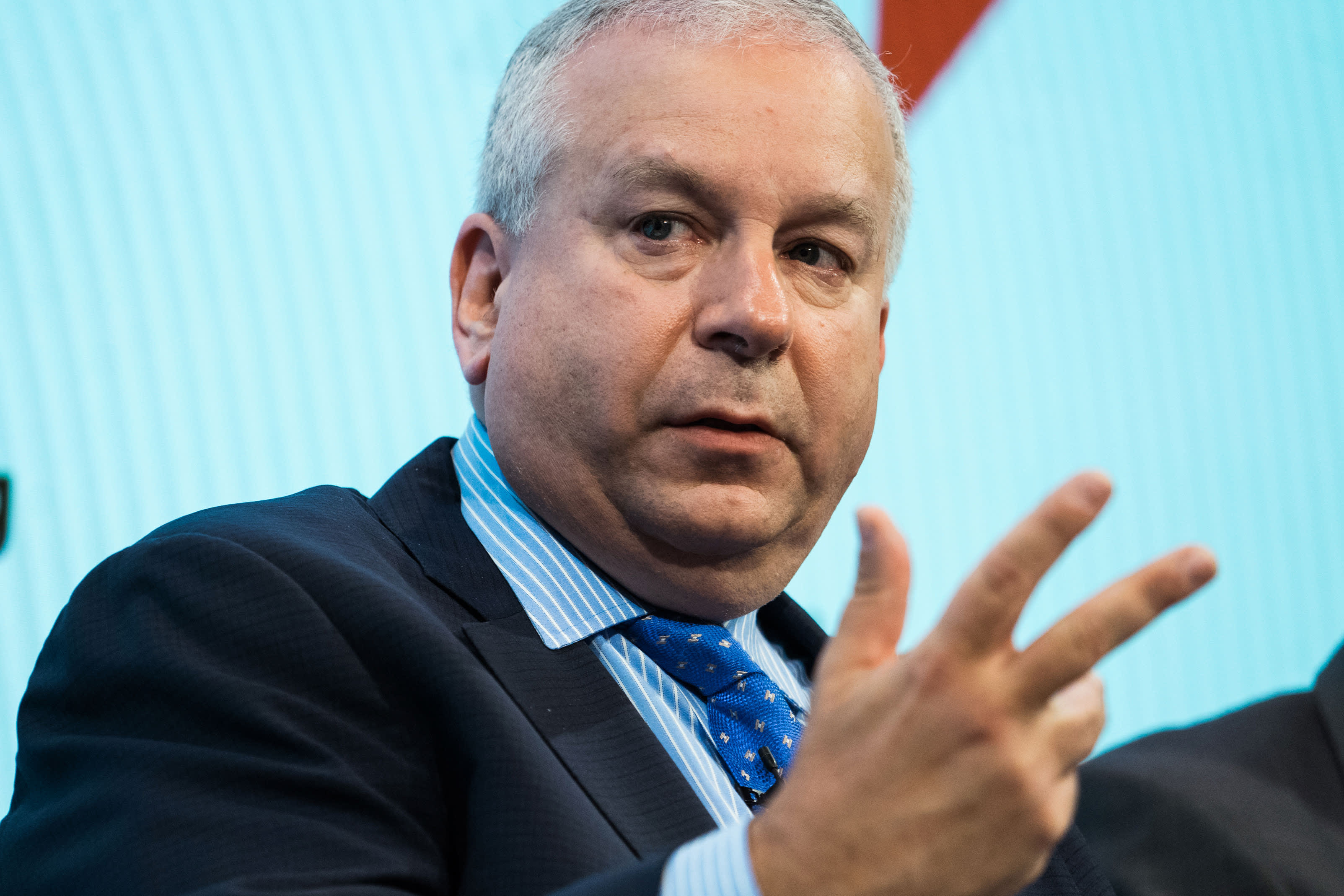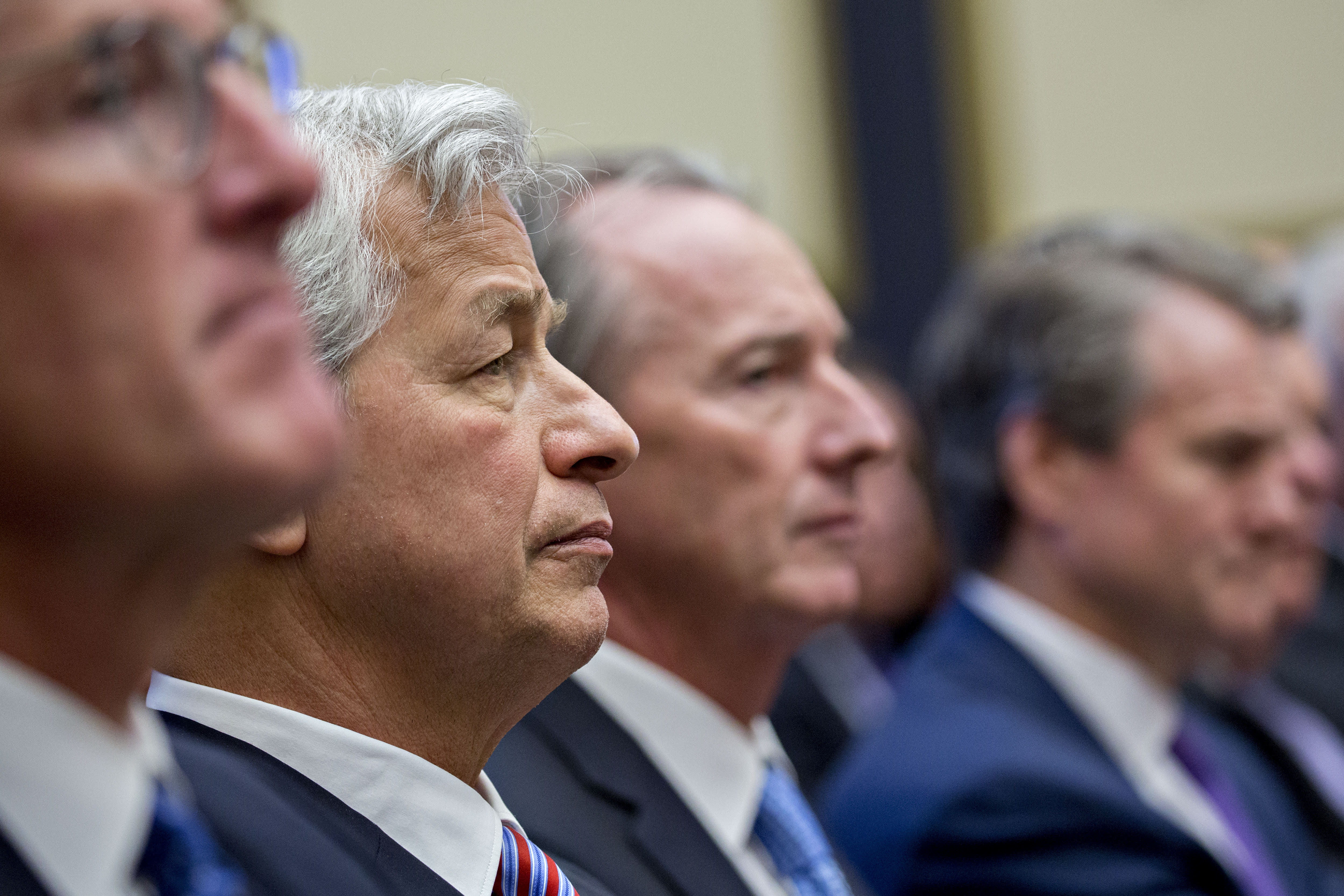Here's the No. 1 nutrient American kids 'aren't getting enough of,' says dietitian and parenting expert
American kids today don't get enough of the nutrients that are vital for development and overall health. Dietitian Jennifer Anderson shares the No. 1 nutrient parents should prioritize — and how to make sure their kids get the daily...

As a dietitian and founder of Kids Eat in Color, one of the most common questions parents ask me is how to tell if their children are getting the right nutrients.
The unfortunate truth is that many kids today don't consume the proper amount of nutrients that are vital for growth, preventing chronic diseases, and overall health.
Fiber and potassium are two big ones. But the No. 1 nutrient that kids in the U.S. aren't getting enough of is vitamin D.
How vitamin D deficiency impacts kids' health
How to increase vitamin D levels in kids
There's some debate over how much vitamin D children should consume daily. But the National Institutes of Health recommends 400 International Units (IU) for infants, and 600 IU for kids between ages 1 and 13 years old.
Sun exposure alone often can't meet the requirements. Here are two ways parents can help their kids get more vitamin D:
1. Food
Fatty fish, such as salmon, trout or sardinesBeef liver, egg yolks and cheeseMushroomsAdditionally, some fortified foods have vitamin D added to them during processing:
Plant-based milks, such as soy, pea or oat milkDairy milk (grass-fed and raw milk often are not fortified)Orange juiceYogurtFortified processed foods, such as some cereals2. Supplements
Many health organizations recommend liquid supplements for infants who consume breastmilk, since human milk alone doesn't provide enough vitamin D.
Vitamin D drops can be bought over the counter and given to an infant to help them meet their daily requirement of 400 IU.
Keep in mind that large doses of vitamin D can be toxic and lead to adverse health effects. For older children whose vitamin D status is unknown, talk to your healthcare provider about whether it makes sense for them to take a supplement.
Jennifer Anderson is a registered dietitian and has a masters of science in public health from Johns Hopkins Bloomberg School of Public Health. In 2019, she founded Kids Eat in Color, a resource that provides parents with the support and guidance they need to help their kids eat healthier and thrive at mealtime. Follow her on Instagram, TikTok and Facebook.
Don't miss:
Parents who raise healthy eaters never use these 4 ‘toxic’ phrases when their kids are young, says dietitianNutritionist shares how much water you should ‘really be drinking’ a day—and how she hydrates beyond plain waterI’m a nutritionist from Japan, home to the world’s longest-living people—here are 5 longevity foods we eat every dayWant to be smarter and more successful with your money, work & life? Sign up for our new newsletter here

Get CNBC's free Warren Buffett Guide to Investing, which distills the billionaire's No. 1 best piece of advice for regular investors, do's and don'ts, and three key investing principles into a clear and simple guidebook.

 ShanonG
ShanonG 


























![Are You Still Optimizing for Rankings? AI Search May Not Care. [Webinar] via @sejournal, @hethr_campbell](https://www.searchenginejournal.com/wp-content/uploads/2025/06/1-1-307.png)




